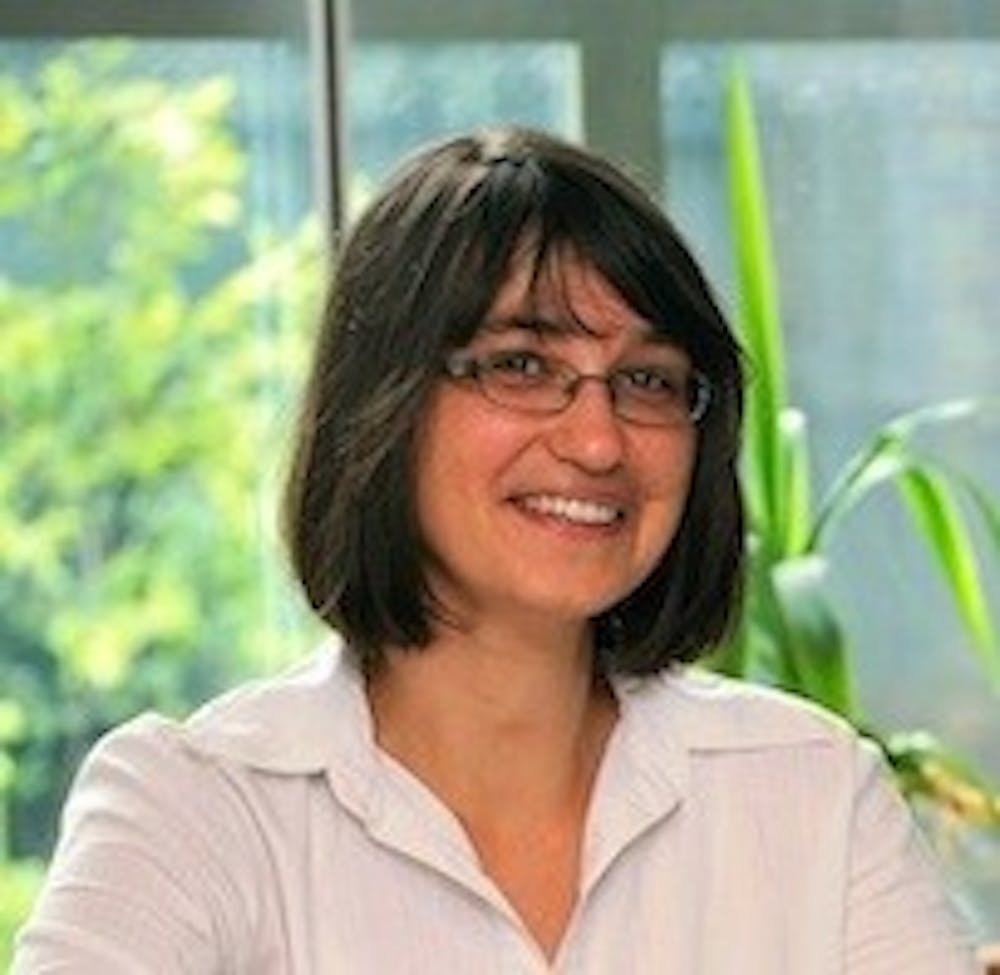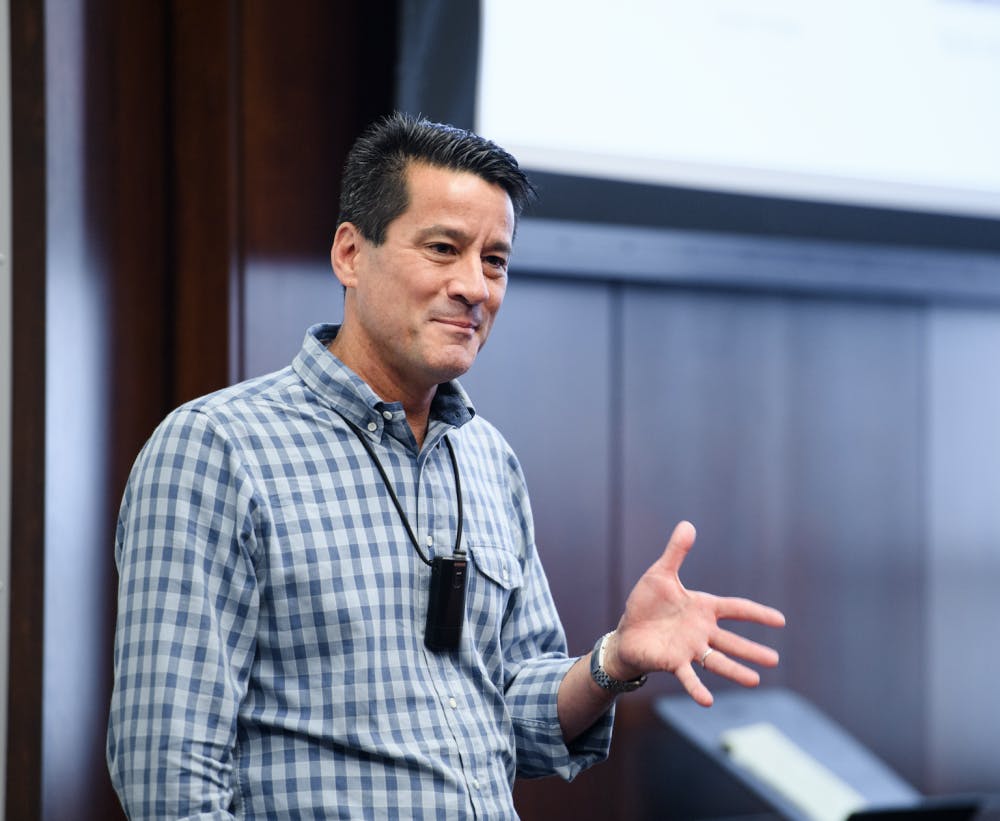
As ethical quandaries posed by new technologies and oversights by major tech companies come to the forefront of public discourse, several universities have begun offering courses on the ethics of computer science and artificial intelligence. At Penn, computer and information science professors Ani Nenkova and Michael Kearns are hoping to continue this trend.
Kearns and Nenkova have been developing a course, tentatively titled “Science of Data Ethics,” that they hope to offer to undergraduate students in the spring of the 2018-2019 academic year. The class will focus on ethical issues such as privacy and discrimination in machine learning.

Computer and Information Science Department Chair Zachary Ives said that the proposed topics are particularly pressing today.
“Thinking about the broader societal implications of technologies is something that not everybody is yet doing in the industry, and it’s obviously extremely important as people are building technologies that are integrated into the fabric of society,” Ives said.
“At this point, computing has become so pervasive in our life and there’s so many computing related problems that many computer scientists would really benefit from taking this course,” Nenkova said.
Penn is not alone in teaching a course on this topic.
This semester, Harvard University and Massachusetts Institute of Technology are offering a joint course on the ethics and regulation of artificial intelligence for the first time. The University of Texas at Austin also recently introduced a course titled “Ethical Foundations of Computer Science," and is looking to eventually make it a requirement for all computer science majors.

Offices for the CIS Department are located in Levine Hall.
Three professors and a research fellow at Stanford University are also in the process of developing a computer science ethics course that will be offered next year.
Kearns said that rather than discussing how computer scientists can regulate problematic technologies, the class will focus on developing better algorithms in the first place.
“I think when you try to solve the problem after the algorithm is already designed and deployed and out doing its thing and you’re concerned about the social norm as an afterthought, I think it’s much harder to fix it and to do something about it,” he said.

In order to prevent societal issues from arising due to faulty algorithms, Kearns plans to focus the class on technical skills, which he hopes will distinguish it from ethics courses at other universities or existing classes such as Engineering Ethics.
"[It's] kind of an emphasis on not just that computer scientists should be aware of these things but that there’s something that they could actually do about it,” Kearns said. “There’s actually some technical content to the solution as well as policy and awareness components.”
Similarly, Nenkova said that the course would contain a balance of scientific content and ethical discussions. She added that students would ideally take the course during their sophomore year so that they can apply the concept they learned in more advanced computer science courses.
Ives is hopeful that the course will ultimately be incorporated into the ethics requirements of the computer science major, but said that it was too early to know for sure.
“It still remains to be seen whether this course would count towards [the Engineering Ethics] requirement, which I would hope it would, and whether it would be an elective or a mandatory course for students in computer science,” he added.
Similarly, Nenkova said that Engineering Ethics is “very broad” and the new class would be “much more specialized.”
Despite the technical focus, Nenkova and Kearns hope to make the course accessible even to non-majors, including students who have taken introductory programming courses or are simply interested in data science. Kearns ultimately hopes to reach an even broader audience that includes people in economics, law, and other fields.
Engineering junior Emmett Neyman, who is majoring in computer science, said that he would be interested in a more specific ethics course.
“I definitely think that an ethics class is pretty imperative in today’s environment,” Neyman said. “I would love to see a computer-science focused ethics class just because the issues that computer scientists face are drastically different than those that bioengineers face or chemical engineers or things like that.”
Not all students, however, are keen on the idea of having a computer science ethics course.
College and Engineering junior Andrej Ilic said, "These topics should be dealt with by professionals over at SAS. I really do not see the point in courses that mix CIS and ethics as they would just water down both concepts."
The Daily Pennsylvanian is an independent, student-run newspaper. Please consider making a donation to support the coverage that shapes the University. Your generosity ensures a future of strong journalism at Penn.
Donate






